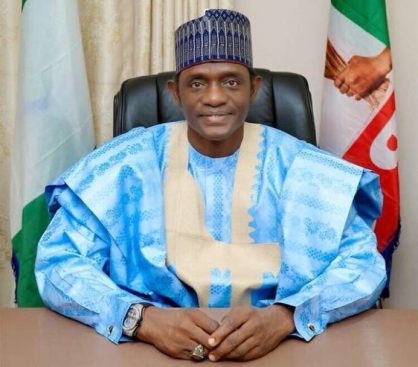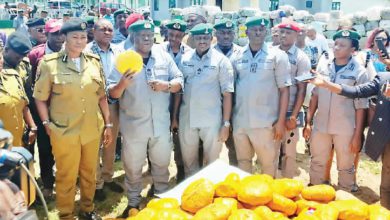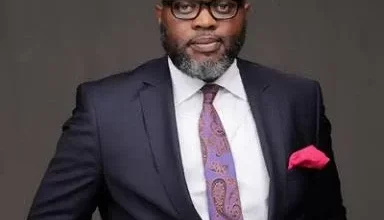
Yobe State Government organised an Education Summit at its state capital, Damaturu last week, at which it brought together erudite scholars who unravelled the problems bedevilling the sector. Governor Mai Mala Buni complained at the occasion over what he called “continuous dismal performance of students of the state in all the secondary school leaving examinations.” He said the summit was aimed at reworking existing policies in order to engender a better learning environment in public schools.
According to Buni, “Our education system is still not where it is supposed to be. We still have so much work to do. The performance of a majority of Yobe students in various national examinations, including SSCE and NECO, is not very impressive. Secondly, because of the dismal performance of students at primary and secondary school levels, Yobe State is unable to fill its quota in various institutions of learning and in areas of specialization such as medicine, computer science and engineering. Thirdly, as a result of the above, we are still a long way from getting an adequate number of indigenous professionals that our state needs to provide much-needed social services.”
Though recent statistics showed a flicker of hope owing to huge investments and policies that favoured the state’s religious and cultural peculiarities, Yobe had for many years trailed behind other states in WAEC and NECO, which made this education summit very timely. In 2015 for example, only 646 candidates out of 10,807 that sat for WAEC in the state passed. These problems are however not surprising because Yobe, just like its parent state Borno, had in the last one decade suffered serious setbacks in education because of the Boko Haram insurgency. Terrorists destroyed many schools across the state while dozens of students were killed at different times in Gujba and Potiskum local government areas. Last year, Boko Haram abducted 110 girls from their school in Dapchi, though all of them were rescued except Leah Sharibu.
Most of the papers presented at the Yobe education summit proffered solutions on the way forward. Prof. Yusufu Gana Balami of the Faculty of Education, University of Maiduguri’s paper dwelled on ‘Strategies of Motivating Parents and Pupils towards Enhancing Enrolment, Attendance and Learning Outcomes in Yobe State.” Emir of Fika, Alhaji Muhammadu Abali Ibn Muhammadu Idrissa, spoke extensively on ‘The Role of Traditional Institutions in Mobilization and Retention of Pupils in Schools under Basic Education Level.’ Dr. Abba Idris Adam, Provost, Atiku Abubakar College of Legal and Islamic Studies, Nguru, spoke extensively on Tsangaya/Qur’anic Education as a Strategy for Revamping Basic Education and Addressing out of School Children Syndrome.
Other speakers included Prof. James Audu Ngada who spoke on ‘Adopting and Implementing Best Practices in Routine School Management Activities for Optimum Performance, Attendance and Learning Outcomes,’ while Alh. Modu Ma’aji Ajiri, Permanent Secretary, State Ministry of Education, presented a paper on ‘Current State of Basic Education in Yobe State: A Survey of School Enrolment, Retention, Facilities, Staffing and Standards.’
The summit was a follow-up on Governor Buni’s declaration of a State of Emergency on Education during his inauguration speech on May 29. He said, “A declaration of an emergency is an admission that things are not where they are supposed to be. It means that the familiar perception of the problems that confront us must be creatively challenged.” We commend Governor Buni for this bold step. It is difficult to get other things right if education, which is the bedrock for societal development, is not placed on a sound footing. However, education is capital intensive and its results take years to manifest. Investment in education might not bring immediate votes to Governor Mai Mala Buni but if his project is faithfully implemented, he will acquire an honoured place in the state’s history in the future.
Yobe’s education summit should go beyond the launch. It requires a comprehensive blueprint as well as timelines for execution, monitoring and evaluation. We urge other Northern states to borrow a leaf from Yobe State.



